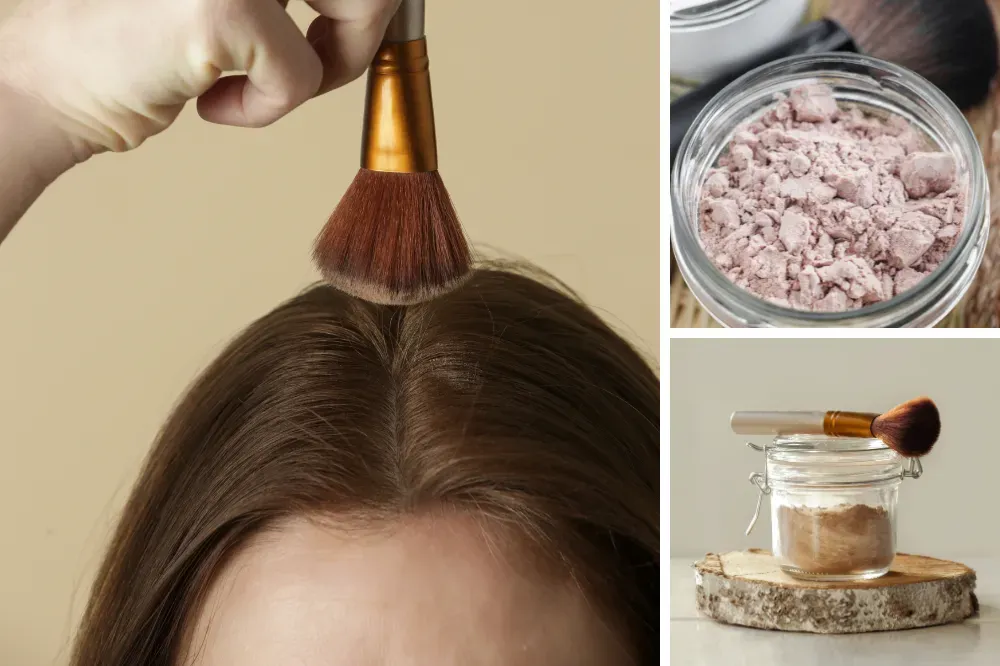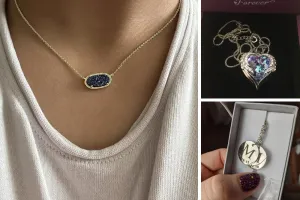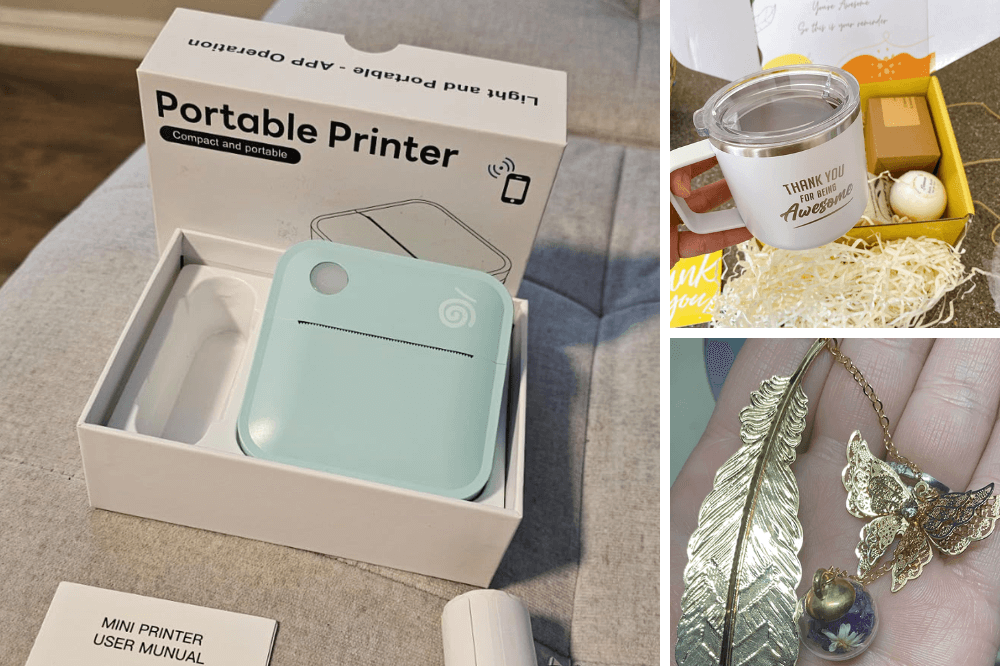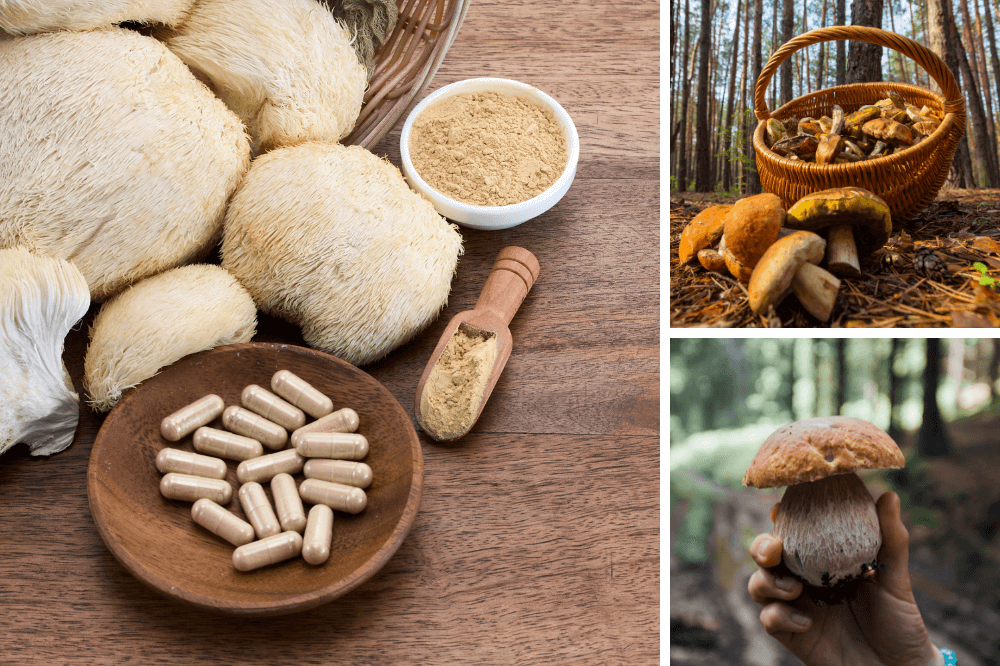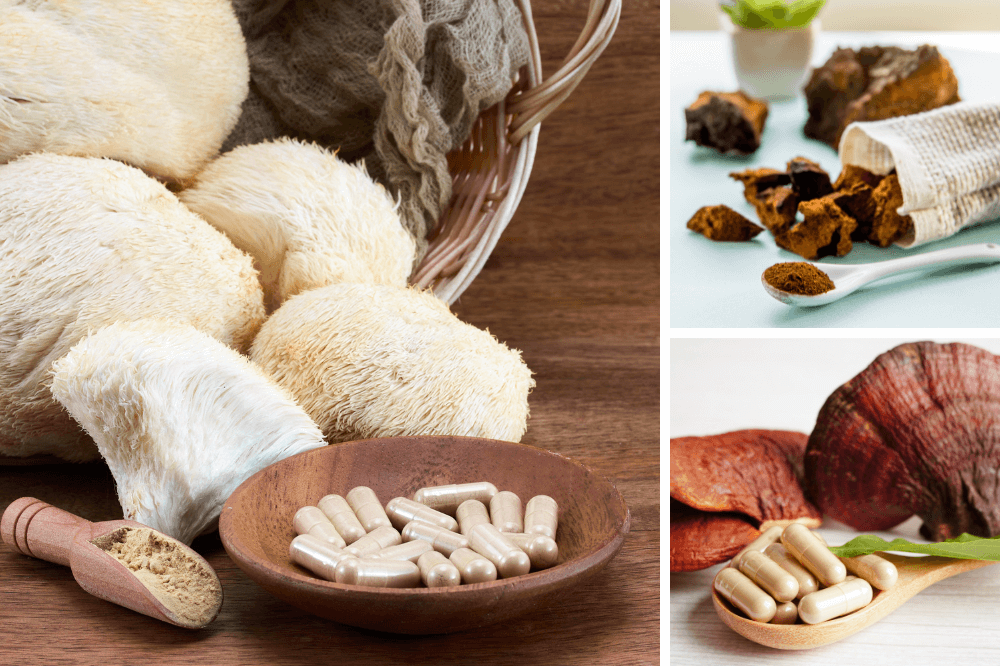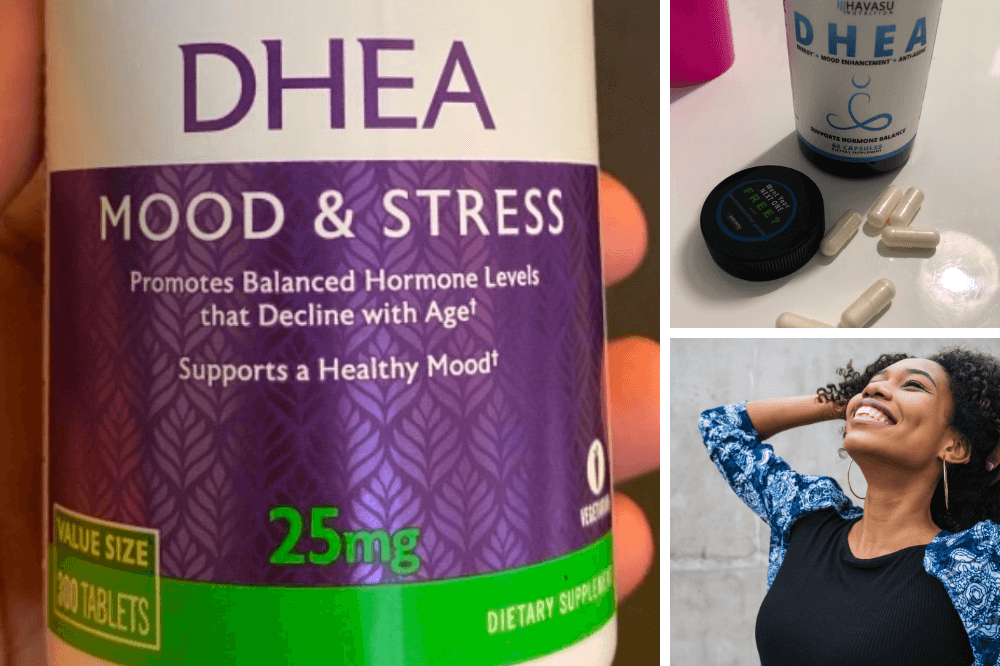Key Takeaways:
- Natural Alternatives: Discover various natural ingredients, such as baby powder, cocoa powder, and baking soda, that can effectively replace dry shampoo.
- DIY Recipes: Learn how to create your own dry shampoo using simple household items.
- Hair Type Considerations: Understand which alternatives work best for different hair types, including dark hair, oily scalp, and curly hair.
Introduction
Dry shampoo has become a beauty staple for many, offering a quick fix for greasy roots and adding volume to limp hair. However, concerns about the ingredients in commercial dry shampoos and their potential impact on hair health have led many to seek alternatives. If you're looking for what to use instead of dry shampoo, you're in the right place. This guide will explore various natural and DIY dry shampoo alternatives that can help you maintain lustrous locks without the need for aerosol sprays.
One such alternative is apple cider vinegar, which can regulate oil production and promote healthy pH levels.
Baby Powder: The Classic Alternative
Baby powder is a popular option for those seeking an easy way to absorb excess oil from their hair. Its fine texture makes it ideal for light hair, as it blends seamlessly without leaving a white residue. Simply sprinkle a small amount onto your roots, gently rub it in, and comb through for a cleaner look.
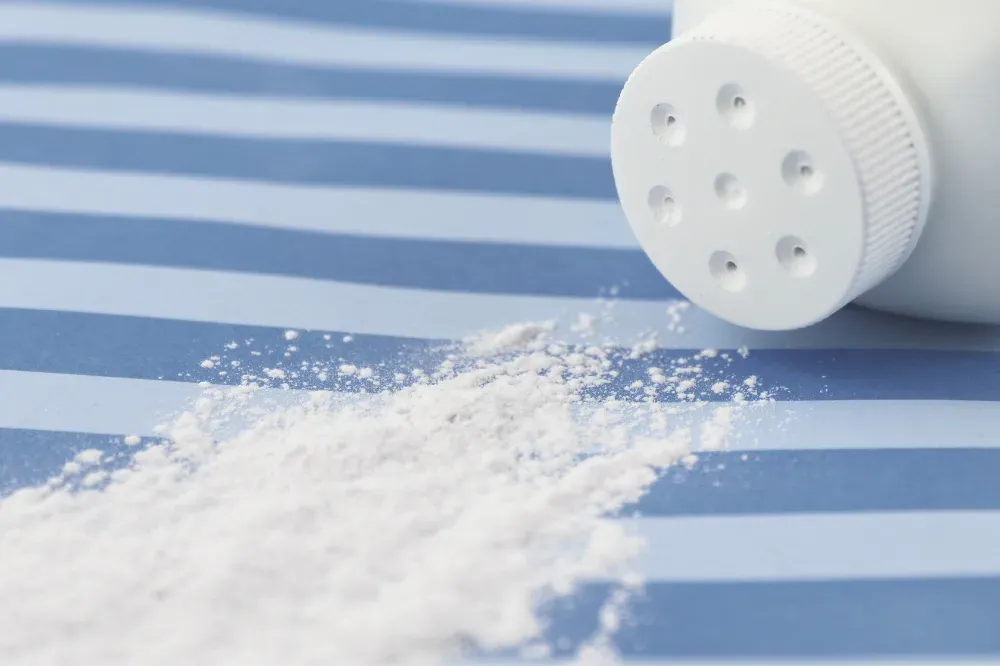
For darker hair, you might want to mix baby powder with a bit of cocoa powder to avoid any visible residue. This combination not only absorbs oil but also adds a pleasant scent to your hair. Remember to use a contour brush for even application.
Baking Soda: The Versatile Solution
Baking soda is another excellent alternative to dry shampoo. Its absorbing powers make it effective at soaking up oil and dirt from your scalp. To use, sprinkle one tablespoon of baking soda onto your roots and massage it in. This method works well for those with oily hair, as baking soda can help regulate oil production.
However, be cautious if you have a sensitive scalp, as baking soda can be a bit harsh. Mixing it with a few drops of essential oil, like lavender or tea tree, can help mitigate any potential irritation while adding a pleasant fragrance.
Cornstarch: The Gentle Absorbent
Cornstarch is a gentle yet effective option for absorbing oil and adding volume to your hair. It's particularly suitable for those with fine hair, as it won't weigh your hair down. Cornstarch is odorless and can bind to natural oils, making it an excellent dry shampoo alternative. To use, mix equal parts cornstarch and cocoa powder (for darker hair) or arrowroot powder (for lighter hair) and apply it to your roots using an old makeup brush.
This mixture not only absorbs oil but also helps to add volume and texture to your hair. It's a great choice for those looking for a natural alternative to commercial dry shampoos. However, be aware that cornstarch can sometimes leave a residue and may include GMOs.
Cocoa Powder: Perfect for Dark Hair
Cocoa powder is a fantastic option for those with dark hair. It blends seamlessly into darker hair colors, avoiding the white residue that some other powders can leave behind. To use, mix one tablespoon of cocoa powder with an equal amount of cornstarch or arrowroot powder and apply it to your roots.
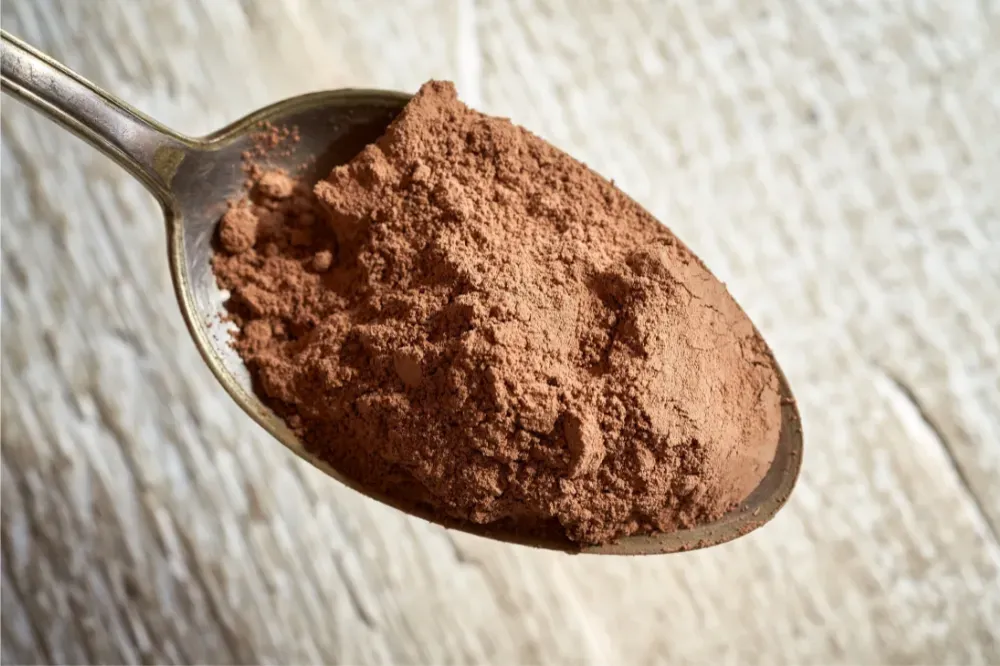
This mixture not only absorbs oil but also adds a subtle, pleasant scent to your hair. Plus, it's a natural product, making it a healthier option for your scalp and hair follicles. Cocoa powder can be combined with cornstarch to create a homemade dry shampoo, which is especially beneficial for darker hair.
Arrowroot Powder: The Natural Absorbent
Arrowroot powder is a natural alternative that works well for all hair types. It's particularly effective at absorbing oil and adding volume. To use, mix one tablespoon of arrowroot powder with a few drops of essential oil and apply it to your roots using a contour brush. Arrowroot powder can also be combined with cocoa powder to match different hair colors and avoid visible residue.
This mixture is gentle on the scalp and can help maintain a healthy scalp environment. It's a great option for those looking for a natural and effective alternative to dry shampoo.
Cornstarch and Cocoa Powder: The Perfect Blend
Combining cornstarch and cocoa powder creates a powerful dry shampoo alternative that works well for darker hair. The cornstarch absorbs oil, while the cocoa powder ensures there is no visible residue. To use, mix equal parts of both powders and apply to your roots using an old makeup brush.
This blend not only absorbs oil but also adds a pleasant scent to your hair. It's a great option for those looking for a natural and effective alternative to commercial dry shampoos.
Baking Soda and Cornstarch: The Dynamic Duo
Mixing baking soda and cornstarch creates a powerful dry shampoo alternative that works well for all hair types. The baking soda absorbs oil, while the cornstarch adds volume and texture. To use, mix one tablespoon of baking soda with an equal amount of cornstarch and apply to your roots using a contour brush.
This mixture is effective at absorbing oil and adding volume, making it a great option for those looking for a natural and effective alternative to commercial dry shampoos.
Cocoa Powder and Arrowroot Powder: The Perfect Pair
Combining cocoa powder and arrowroot powder creates a powerful dry shampoo alternative that works well for darker hair. The arrowroot powder absorbs oil, while the cocoa powder ensures there is no visible residue. To use, mix equal parts of both powders and apply to your roots using an old makeup brush.
This blend not only absorbs oil but also adds a pleasant scent to your hair. It's a great option for those looking for a natural and effective alternative to commercial dry shampoos.
Essential Oils: The Scented Solution
Essential oils can be added to any of the above mixtures to enhance their effectiveness and add a pleasant scent. Lavender, tea tree, and peppermint oils are all great options. Simply add a few drops to your chosen mixture and apply to your roots. Additionally, you can dilute apple cider vinegar with water in a spray bottle, add essential oils, and spritz it onto your hair for easy application.
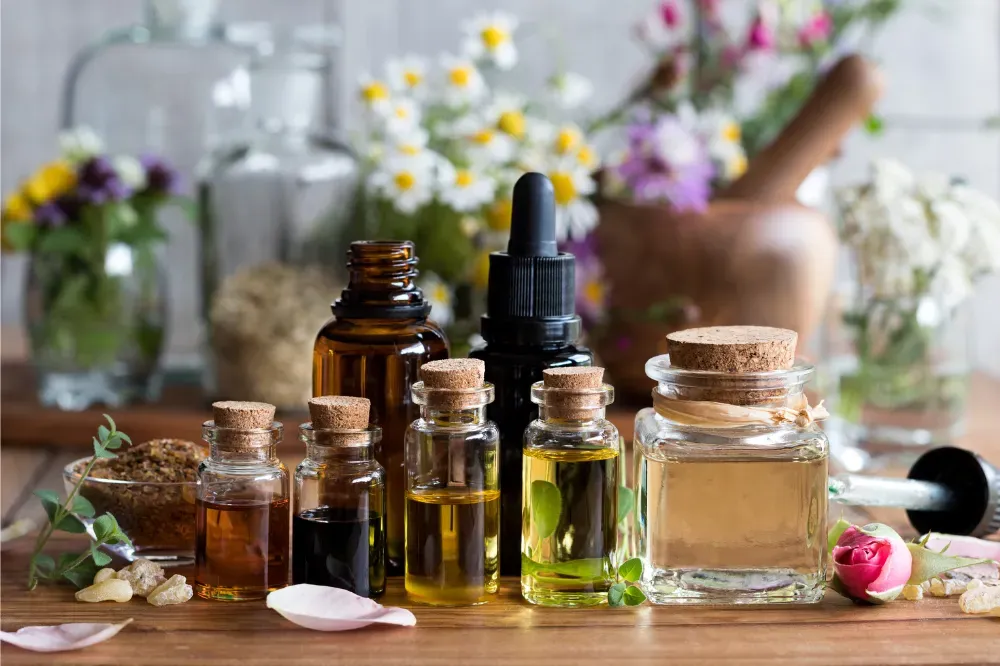
Essential oils not only add a pleasant scent but also have various benefits for your scalp and hair health. They can help to soothe irritation, promote hair growth, and maintain a healthy scalp environment.
Blotting Papers: The On-the-Go Solution
Blotting papers are a great option for those looking for a quick and easy way to absorb excess oil on the go. Simply press the blotting paper onto your roots to absorb oil and refresh your hair.
Blotting papers are a convenient and portable option, making them perfect for travel or busy days when you don't have time for a full hair wash. They are also gentle on the scalp and won't leave any residue.
Translucent Powder: The Makeup Hack
Translucent powder, commonly used in makeup, can also be used as a dry shampoo alternative. Its fine texture makes it effective at absorbing oil without leaving a white residue. To use, apply a small amount to your roots using a contour brush and gently rub it in.
Translucent powder is a great option for those looking for a quick and easy way to refresh their hair. It's also a versatile product that can be used for both hair and makeup.
Hand Sanitizer: The Unexpected Solution
Hand sanitizer can be used as a quick fix for greasy roots. Its alcohol content helps to absorb oil and refresh your hair. Simply apply a small amount to your roots and gently rub it in.
Hand sanitizer is a convenient and portable option, making it perfect for travel or busy days when you don't have time for a full hair wash. However, be cautious if you have a sensitive scalp, as the alcohol content can be drying.
Paper Towels: The Simple Solution
Paper towels can be used to absorb excess oil from your hair. Simply press a paper towel onto your roots to absorb oil and refresh your hair.
Paper towels are a convenient and affordable option, making them perfect for those looking for a quick and easy way to refresh their hair. They are also gentle on the scalp and won't leave any residue.
Milk Powder: The Nourishing Alternative
Milk powder can be used as a dry shampoo alternative that not only absorbs oil but also nourishes your hair. To use, mix one tablespoon of milk powder with an equal amount of cornstarch or arrowroot powder and apply to your roots using an old makeup brush.
This mixture not only absorbs oil but also adds a pleasant scent to your hair. It's a great option for those looking for a natural and nourishing alternative to commercial dry shampoos.
Aloe Vera Gel: The Soothing Solution
Aloe vera gel can be used as a dry shampoo alternative that not only absorbs oil but also soothes the scalp. To use, apply a small amount of aloe vera gel to your roots and gently rub it in.
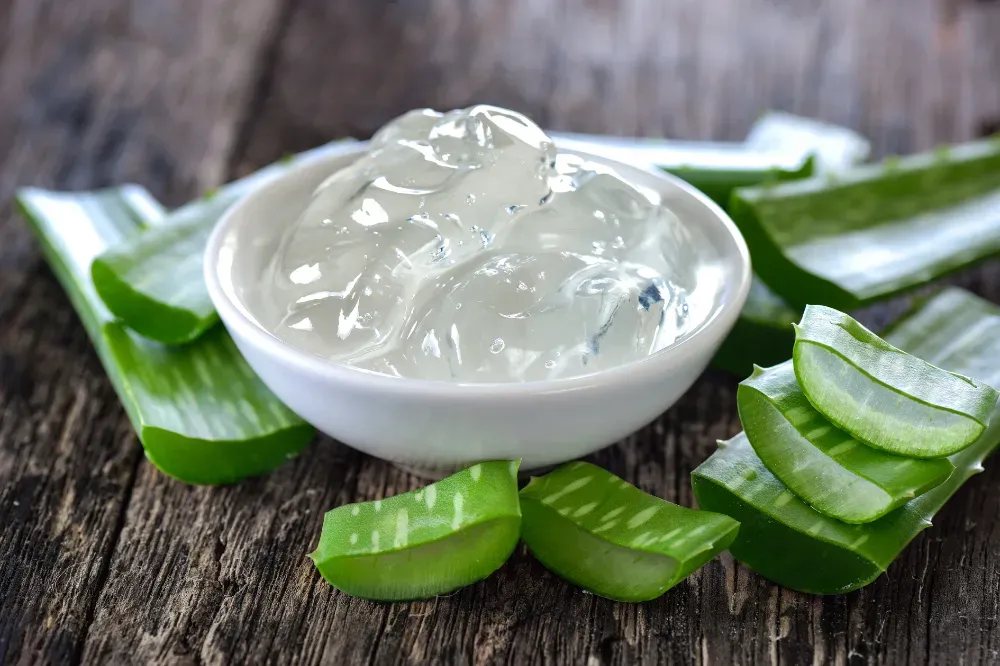
Aloe vera gel is a great option for those with a sensitive scalp, as it has soothing and moisturizing properties. It's also a natural product, making it a healthier option for your scalp and hair follicles.
Tea Tree Oil: The Antibacterial Solution
Tea tree oil can be added to any of the above mixtures to enhance their effectiveness and add a pleasant scent. Simply add a few drops to your chosen mixture and apply to your roots.
Tea tree oil not only adds a pleasant scent but also has antibacterial properties, making it a great option for those looking for a natural and effective alternative to commercial dry shampoos.
Summary
Finding alternatives to dry shampoo can be a game-changer for your hair care routine. Whether you opt for baby powder, baking soda, cornstarch, or any of the other options mentioned, you can achieve clean, voluminous hair without the need for commercial dry shampoos. These natural and DIY alternatives are not only effective but also healthier for your scalp and hair follicles.
FAQ
1. Can I use baby powder on dark hair?
Yes, you can use baby powder on dark hair, but it's recommended to mix it with cocoa powder to avoid any visible residue.
2. How often can I use these dry shampoo alternatives?
You can use these alternatives as often as needed, but it's best to wash your hair regularly to maintain a healthy scalp.
3. Are these alternatives safe for sensitive scalps?
Most of these alternatives are safe for sensitive scalps, but it's always best to do a patch test first and avoid any ingredients that may cause irritation.
